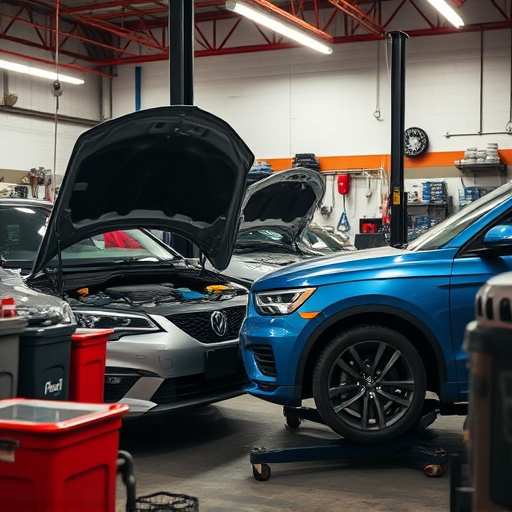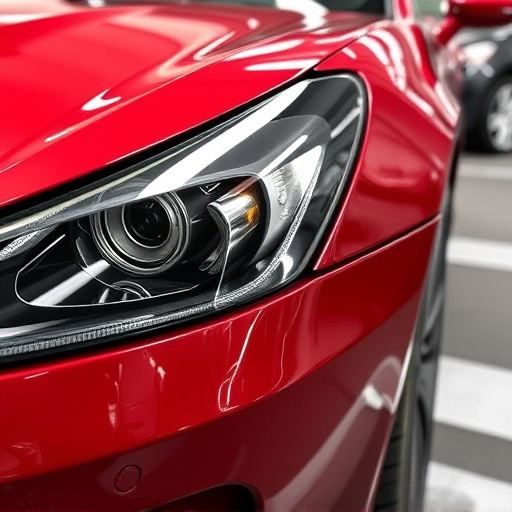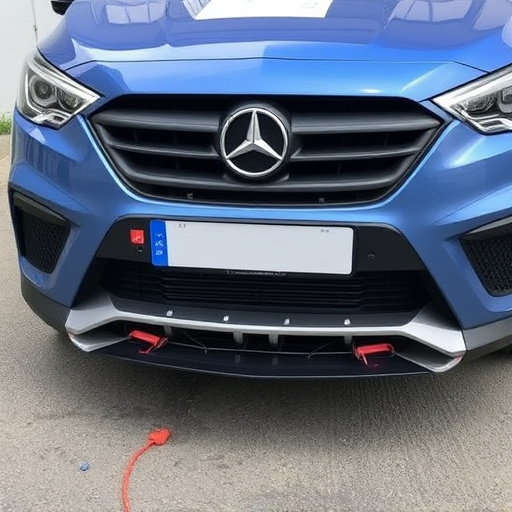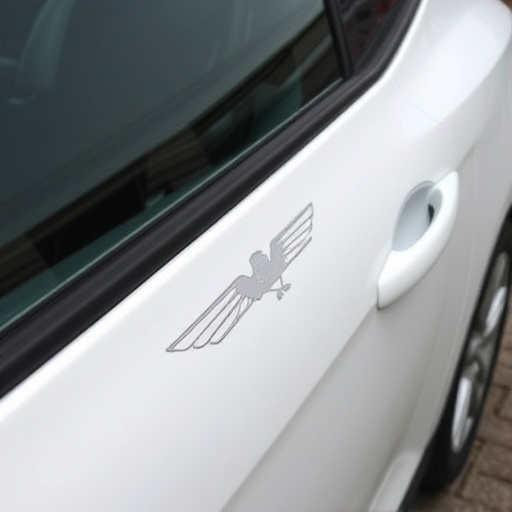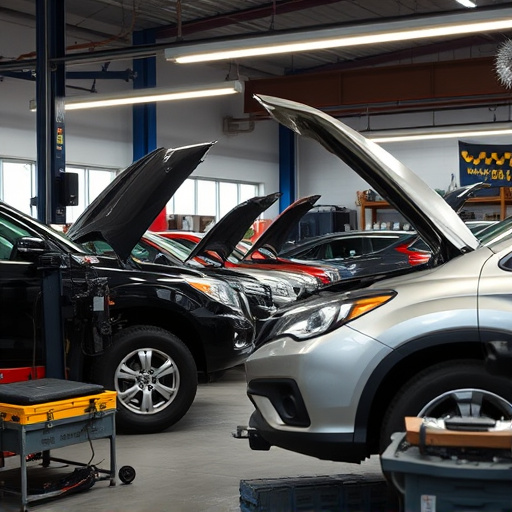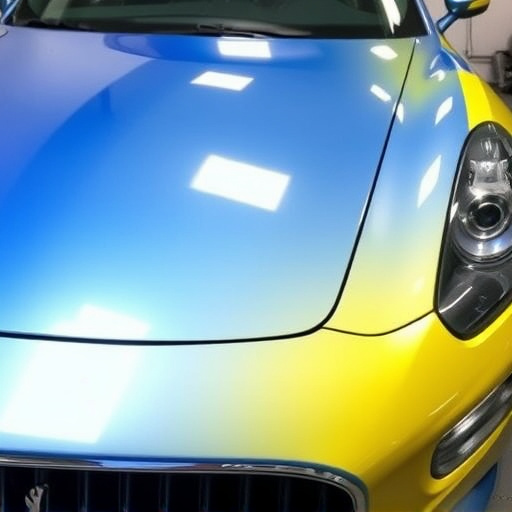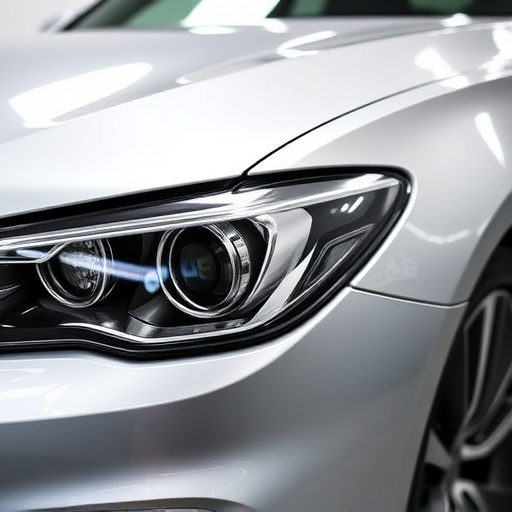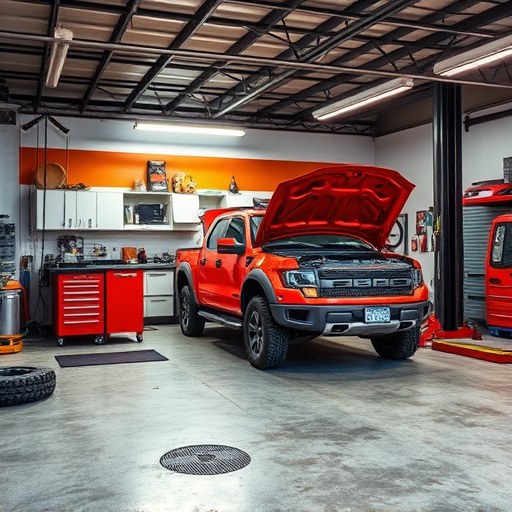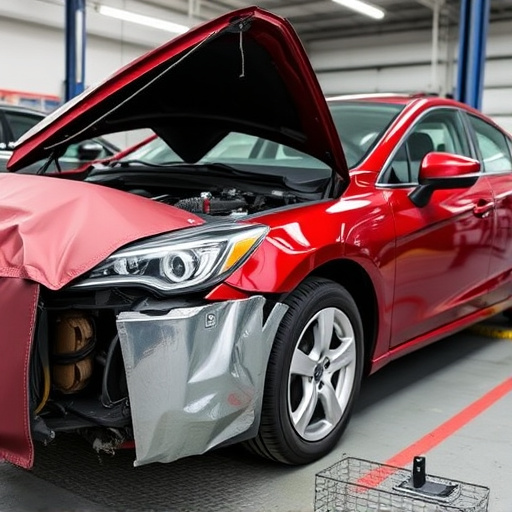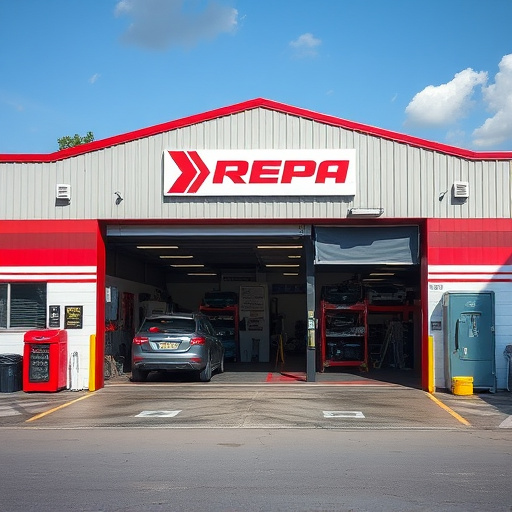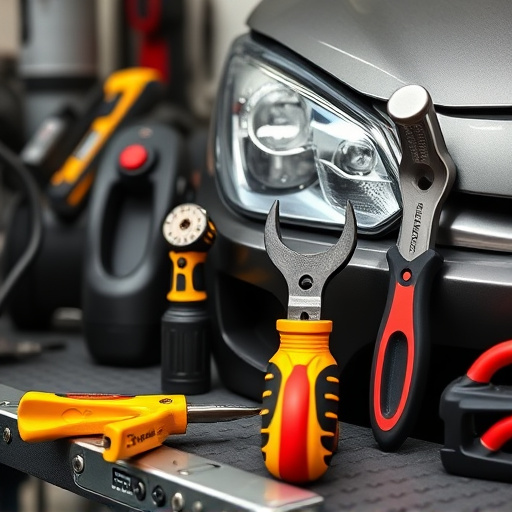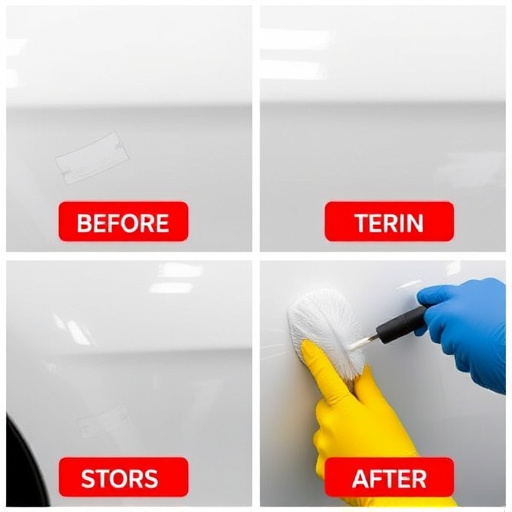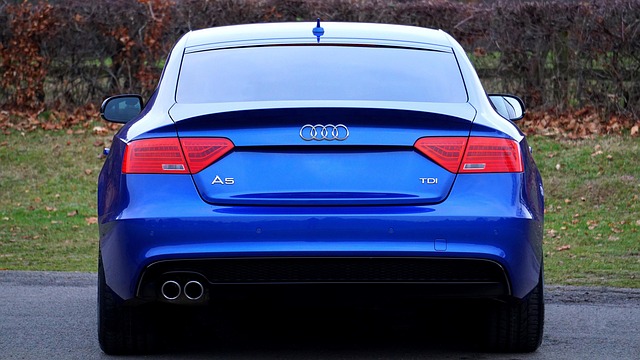Heat shield replacement is crucial for vehicle safety and performance. These shields protect engines from high temps and debris, preventing damage to underbody components. Regular inspection for cracks or fading identifies issues early. Frequent drivers or those in hot climates should upgrade heat shield protection to enhance structural integrity, fuel efficiency, and overall longevity of their vehicles.
In any vehicle, especially those with powerful engines, heat shields play a vital role in protecting critical components from intense heat. However, these shields are susceptible to common damage like cracks, warping, and disintegration due to prolonged exposure to high temperatures. This article delves into the significance of understanding heat shield damage, recognizing when replacement is crucial, and exploring the benefits of upgrading heat shield protection for optimal vehicle performance and longevity.
- Understanding Heat Shields and Common Damage
- Identifying When Replacement is Necessary
- The Benefits of Upgrading Heat Shield Protection
Understanding Heat Shields and Common Damage
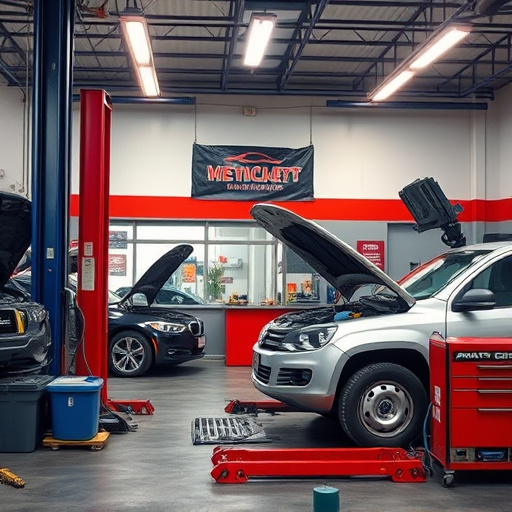
Heat shields, an essential component of many vehicles, serve as a protective barrier between the engine and other components. They are designed to withstand high temperatures and prevent heat transfer, thereby maintaining optimal operating conditions for various systems. However, over time or due to unforeseen incidents, these shields can sustain damage, leading to their replacement becoming necessary. Common causes of heat shield damage include accidents, poor road conditions, and routine wear and tear.
In a car body repair scenario, collision repair shops often encounter issues related to heat shield integrity. Damage can range from small cracks or burns to complete disintegration, depending on the severity of the incident. Prompt heat shield replacement is crucial in such cases as it ensures the safety and efficiency of the vehicle’s internal systems, preventing further complications that may lead to more extensive car damage repair.
Identifying When Replacement is Necessary
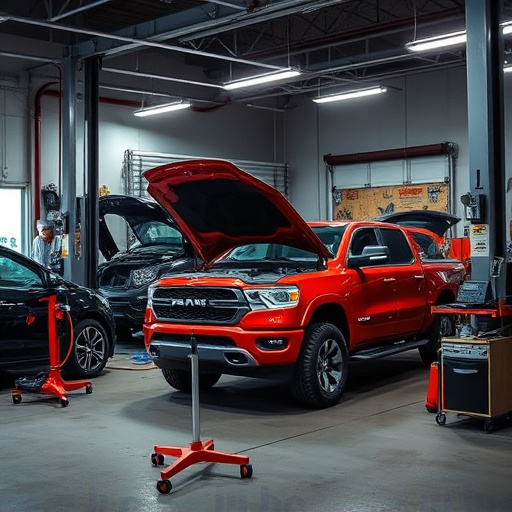
Over time, heat shields, those protective barriers that guard your vehicle against radiant heat and debris, can become damaged or worn out. Identifying when a replacement is necessary is crucial to maintaining your car’s overall health and safety. One of the most obvious signs is visible damage, such as cracks, holes, or severe dents caused by road debris, including hail stones during storms. These impacts can compromise the shield’s integrity, making it less effective at protecting the underbody from heat and potential fire hazards.
Regular inspection is key; check for any signs of fading, warping, or blisters in the heat shield material. If you notice a significant difference in temperature between different parts of your car’s underbody after driving, it could indicate that the heat shield is no longer functioning optimally. Moreover, if your vehicle has undergone previous repairs for hail damage repair or car scratch repair, it’s essential to assess whether these fixes have affected the heat shield’s condition, as any misalignment during the repair process might require a replacement to ensure proper protection.
The Benefits of Upgrading Heat Shield Protection
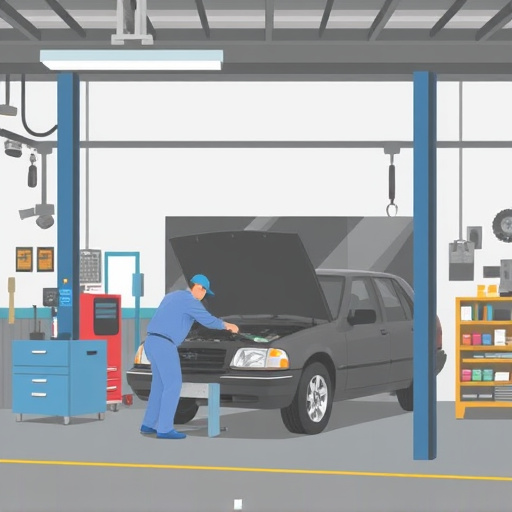
Upgrading your vehicle’s heat shield protection offers numerous advantages, especially for those who frequently drive or engage in activities that expose their cars to high temperatures. Heat shields, also known as engine covers, play a vital role in protecting your vehicle’s underbody from intense heat, which can be generated by the engine, exhaust system, and other components. By replacing worn-out or damaged heat shields, you’re not only enhancing the overall aesthetics of your car but also ensuring its long-term structural integrity.
In a collision repair center or during a classic car restoration, heat shield replacement is often recommended as part of the routine maintenance or repair process. This simple upgrade can significantly reduce the risk of thermal damage to sensitive parts beneath the vehicle’s body. Moreover, it prevents unwelcome scratch repairs caused by loose debris attracted to exposed metal surfaces, ensuring your classic car remains in pristine condition. Effective heat shielding also contributes to better fuel efficiency by minimizing drag and retaining engine coolness, ultimately enhancing the overall performance and longevity of your vehicle.
When it comes to common repairs, identifying the need for a heat shield replacement is crucial. By understanding typical damage and recognizing necessary upgrades, vehicle owners can ensure optimal engine performance and longevity. Upgrading heat shield protection offers numerous benefits, from enhanced durability to improved fuel efficiency, making it an essential step in regular maintenance.
